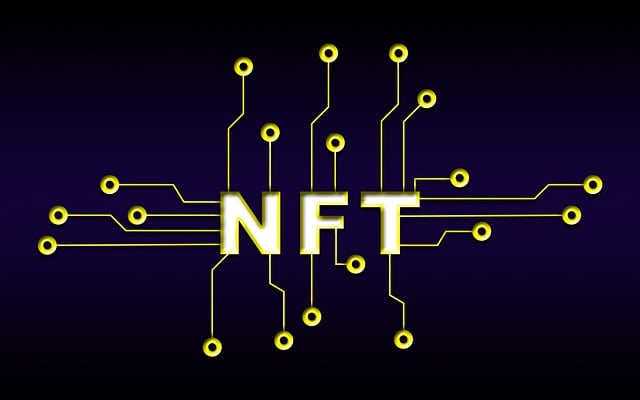High-efficiency water heaters with digital controls optimize temperature regulation and energy usage, reducing waste. These smart features enable remote access and monitoring, promoting sustainability and long-term cost savings for households and businesses. Integrating digital controls for precise heating, proper installation techniques, and advanced technologies like heat pumps yield significant energy efficiency improvements, minimizing environmental impact. The future of water heating is digital, with smart thermostats and innovative materials further enhancing sustainability.
“Discover how high-efficiency water heaters can slash energy bills and reduce environmental impact. This comprehensive guide explores cutting-edge technologies, from smart digital controls to innovative heating methods. Learn how these advanced systems optimize hot water delivery while minimizing waste. We’ll cover installation tips, real-world savings examples, and peek into the future of sustainable water heating, all highlighting the power of digital controls in achieving significant energy efficiency.”
- Understanding High-Efficiency Water Heaters
- The Role of Digital Controls in Energy Savings
- Types and Benefits of Modern Water Heating Technologies
- Installation Considerations for Optimal Efficiency
- Real-World Examples of Cost Savings
- Future Trends in Water Heating Innovation
Understanding High-Efficiency Water Heaters
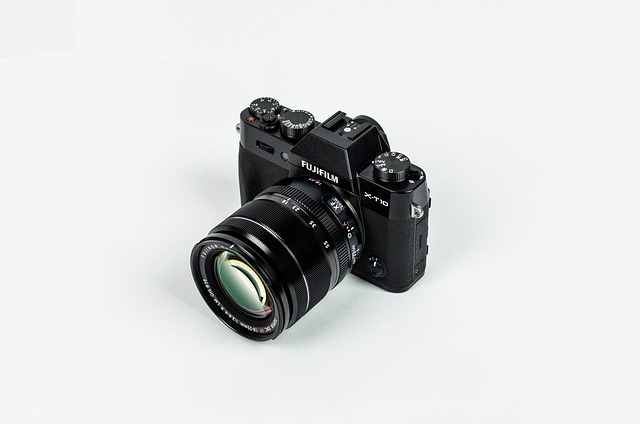
High-efficiency water heaters are designed to significantly reduce energy consumption while providing ample hot water. These advanced systems utilize modern technology, such as digital controls and smart features, to optimize heating processes. Digital controls allow precise temperature regulation, ensuring that water is heated only when needed, thereby minimizing waste.
This type of water heater often employs efficient heating elements and insulation to retain heat better, resulting in less energy usage. With their advanced capabilities, high-efficiency models offer a more sustainable and cost-effective solution for households, contributing to both environmental conservation and long-term financial savings.
The Role of Digital Controls in Energy Savings

In today’s digital era, high-efficiency water heaters equipped with advanced digital controls are transforming the way we save energy. These innovative features allow for precise temperature regulation, optimizing heating cycles to meet exact demand. By automatically adjusting settings based on usage patterns and real-time demand, digital controls reduce energy waste and lower utility bills significantly.
Unlike traditional models, smart water heaters with digital controls offer remote access and monitoring capabilities. Homeowners can adjust settings from their smartphones or tablets, ensuring optimal heating efficiency even when away from home. This level of control not only conserves energy but also contributes to a more sustainable lifestyle, making it a game-changer in the quest for substantial long-term savings.
Types and Benefits of Modern Water Heating Technologies

Modern water heating technologies offer a range of efficient options, from tankless heaters to heat pump models. One notable advancement is the integration of digital controls. These smart systems allow for precise temperature regulation, enabling users to optimize energy use and reduce waste. With just a few touches on a digital display, you can set desired temperatures, schedule heating times, and even monitor energy consumption, leading to significant cost savings over time.
Additionally, these innovative technologies often come with eco-friendly features. Heat pumps, for example, transfer heat from the air or ground rather than burning fuel, making them highly energy-efficient. Tankless heaters, on the other hand, provide hot water on demand, eliminating the need for constant heating and significant standby losses. These modern solutions not only contribute to financial savings but also help minimize environmental impact.
Installation Considerations for Optimal Efficiency
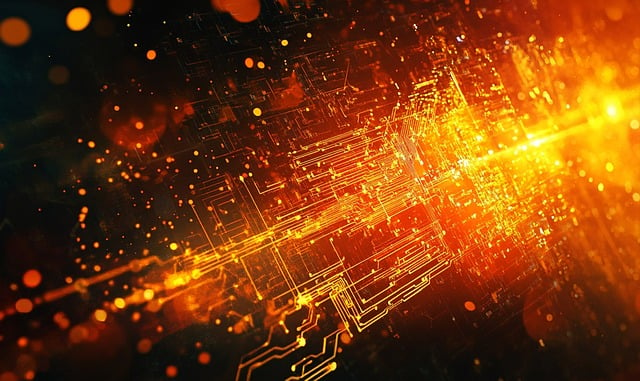
When installing a high-efficiency water heater, several factors come into play to ensure optimal performance and energy savings. One key aspect is integrating digital controls that offer precise temperature regulation. These advanced systems allow users to set specific temperatures for hot water, reducing energy waste by minimizing excess heating.
Additionally, proper placement and insulation of the heater are essential. Ensuring adequate space and optimizing insulation around the unit can significantly impact efficiency. This includes considering nearby vents and air circulation to maintain optimal operating conditions. Efficient installation practices, combined with digital controls, contribute to a well-functioning water heating system that delivers substantial energy savings over time.
Real-World Examples of Cost Savings
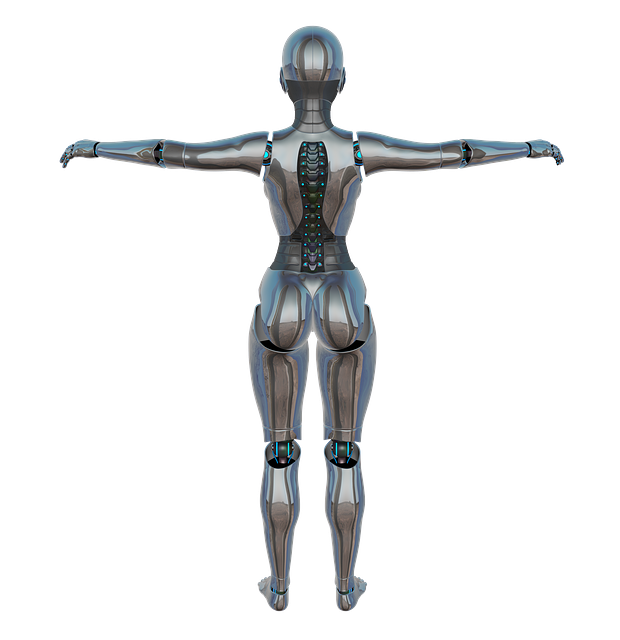
In real-world applications, high-efficiency water heaters equipped with digital controls have demonstrated significant cost savings for both homeowners and businesses. For instance, a typical electric resistance water heater can consume up to 15% of a household’s total energy budget, whereas a modern tankless model with smart temperature control can reduce this figure by over 50%. This drastic reduction is achieved through precise heating and storage optimization, eliminating energy wastage associated with constantly heated water in traditional tanks.
Businesses also benefit from these advancements. Commercial establishments like hotels and restaurants can save substantial amounts on their energy bills by adopting digital-controlled high-efficiency heaters. For example, a mid-sized hotel could see energy costs drop by 20-30% annually by swapping out old heaters with modern, digitally controlled alternatives, leading to not only financial savings but also a reduced carbon footprint.
Future Trends in Water Heating Innovation
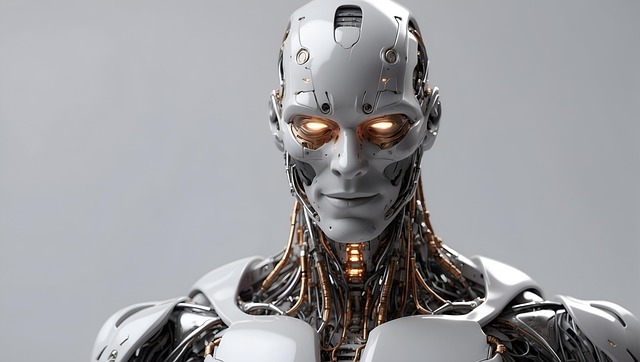
The future of water heating looks promising, with innovations aimed at further enhancing efficiency and sustainability. Digital controls are poised to play a pivotal role in this evolution. Smart thermostats and connected water heaters allow users to precisely manage temperature settings remotely, optimizing energy usage and reducing waste. This trend towards smart home integration promises not only convenience but also significant savings on utility bills.
Additionally, advanced materials and heat transfer technologies are being explored to create more efficient heating elements. Researchers are developing high-tech coatings and nanomaterials that can absorb and retain heat better, ensuring rapid water heating while minimizing energy consumption. These innovations complement the ongoing shift towards renewable energy sources, contributing to a greener and more sustainable future for water heating.
